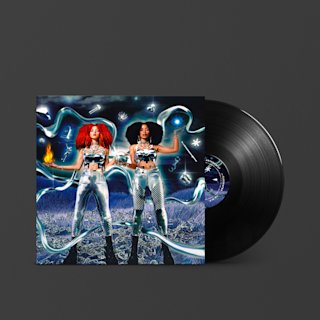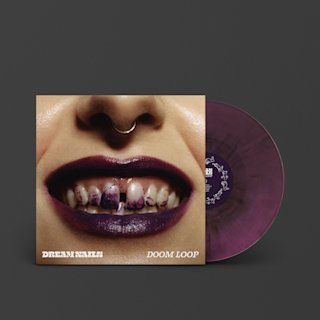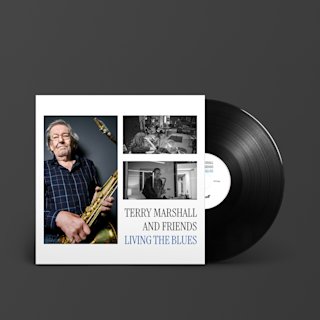Record Label

Shaping the future of music
Jim Marshall's unwavering passion for music was the driver for all he achieved, and that same spirit is at the heart of Marshall Records. We champion exceptional, innovative music while empowering grassroots musicians to unlock their full potential.

The Molotovs (Photo credit: Jeanie Jean)
Empowering the next generation of artists
In today’s competitive music landscape, standing out is more challenging than ever. While the accessibility of recording and sharing music has empowered aspiring artists to reach a global audience, it has also made it harder for truly exceptional music to get noticed. That’s where we come in.

Dream Nails (Photo credit: Marieke Macklon)
Create, innovate, thrive
We offer artists access to iconic equipment, a state-of-the-art recording studio, and a dedicated team that works tirelessly to amplify their talent. We put artists at the forefront, championing creative freedom and equipping musicians with the tools and resources they need to shape their unique sound and showcase what makes them, them.
Explore our artists
View allAmplifying grassroots talent
By combining our rich legacy with the latest technology, we support grassroots talent from the very beginning, helping artists push musical boundaries while staying authentic to the unique essence of their sound. We're here to fuel the next generation of musicians and ensure the world hears their voices.

Autumn Fires





